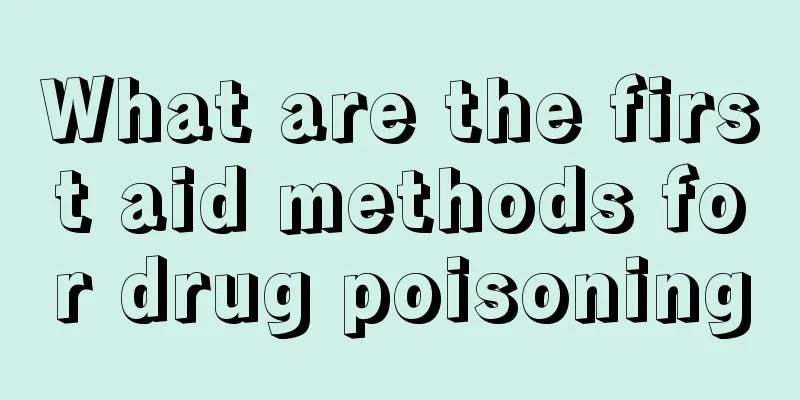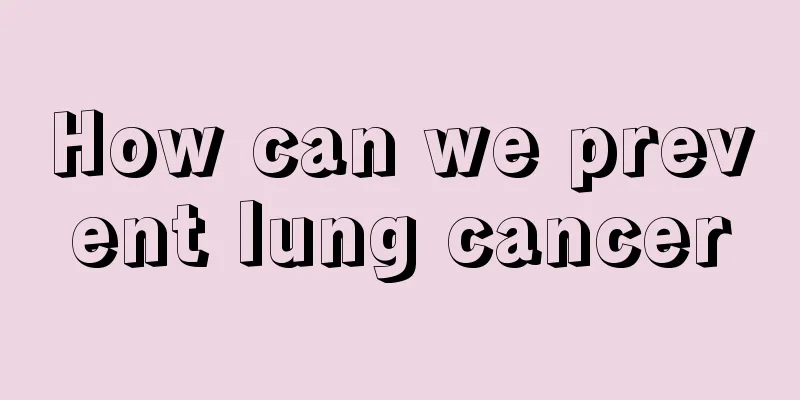Complications after esophageal cancer surgery

|
The occurrence of esophageal cancer has a serious impact on people's normal life and work. If the treatment is not timely, the disease will relapse or worsen, which will threaten the patient's life safety. For patients who choose surgical treatment, postoperative complications are more common. So what are the postoperative complications of esophageal cancer? 1. Functional gastric emptying disorder: Some patients with esophageal cancer also need to remove the stomach wall or even part of the stomach during resection. The esophagus and stomach are connected, which can affect each other functionally. After esophageal cancer resection, gastric motility disorders often occur, causing chest and stomach emptying disorders and resulting in a large amount of gastric content retention. 2. Respiratory infection after esophageal cancer surgery: Although esophageal cancer surgery does not remove lung tissue, it destroys the integrity of the chest, damages the intercostal muscles, and especially the integrity of the diaphragm, which seriously damages the ventilation pump of the affected lung, making it easy to develop respiratory infections. When pain occurs in the neck, chest or upper abdominal incision, or the stomach has been pulled into the chest to compress the lungs, the patient may experience varying degrees of difficulty breathing after surgery, with shallow and rapid breathing. 3. Severe diarrhea after esophageal cancer surgery: Surgery for esophageal cancer may cause gastrointestinal dysfunction and severe diarrhea. Analysis shows that the cause may be related to vagus nerve severance, gastrin concentration, etc. Treatment measures: actively give antidiarrheal drugs and give fluid replacement to prevent dehydration of patients. 4. Reflux esophagitis: Reflux esophagitis is a common complication after esophageal cancer surgery. The main manifestation is that acidic liquid or food refluxes from the gastroesophageal esophagus to the pharynx or mouth when the body bends forward after each meal or sleeps in bed at night, accompanied by symptoms such as burning or pain behind the sternum and difficulty swallowing. 5. Anastomotic leakage: This is a serious complication after esophageal cancer surgery, with an incidence rate of about 5%. Its cause is related to factors such as the anastomotic method, whether there is tension at the anastomotic site, whether there is secondary infection at the anastomotic site, and the patient's nutritional status before surgery. |
<<: Prevention of complications from radiotherapy for esophageal cancer
>>: What are the dangers of esophageal cancer
Recommend
What are the stages of lung cancer? Divided into these four stages
The staging of lung cancer depends on its type. I...
Can you eat dead flower crabs?
There are many types of crabs in daily life. Flow...
What are the precautions for using a massage chair
Nowadays, many people are under great pressure in...
The early symptoms of gastric cancer should not be ignored
Gastric cancer is a very common malignant tumor, ...
How to diagnose small cell lung cancer
Small cell lung cancer can be diagnosed through c...
What are the symptoms of Raynaud's disease?
Raynaud's syndrome is a disease that occurs w...
How many years can you live with glomerulonephritis?
As we all know, kidney disease is extremely harmf...
What medicine is good for fungal onychomycosis?
After investigation, it was found that there are ...
Lung cancer is prone to recurrence in spring. What should we do? Diet recommendations to prevent lung cancer recurrence
Lung cancer is one of the malignant tumors with t...
Don’t break scald blisters randomly, learn these treatment techniques
For some reasons, people often get scalded by hot...
What is the applicable scope of rectal cancer surgery
What is the indication for rectal cancer surgery?...
Are magnetic pillows harmful to the human body?
Pillows are an inseparable object in our lives. W...
What causes a hard lump under the skin on the back?
Under normal circumstances, human skin is smooth....
What's wrong with my scalp pain
Scalp pain always occurs from time to time, and I...
What are the symptoms of hypokalemia
People cannot predict what diseases they will dev...









